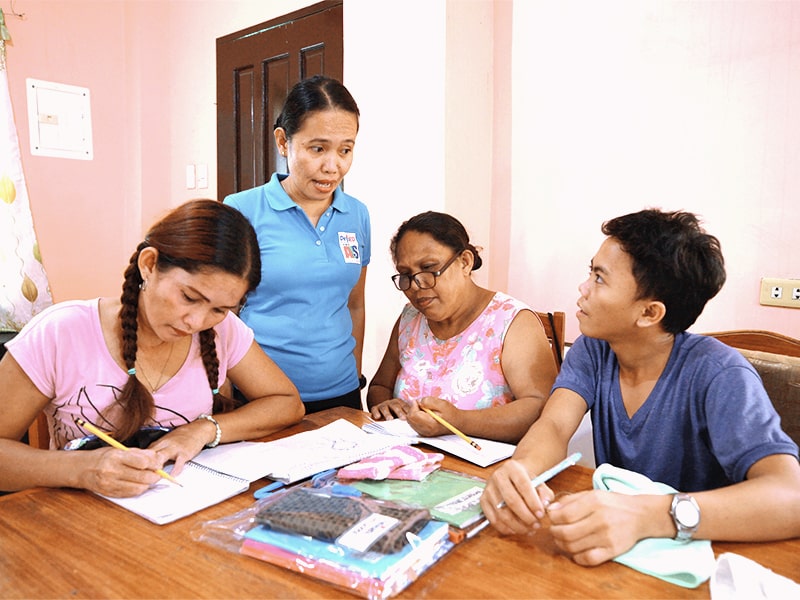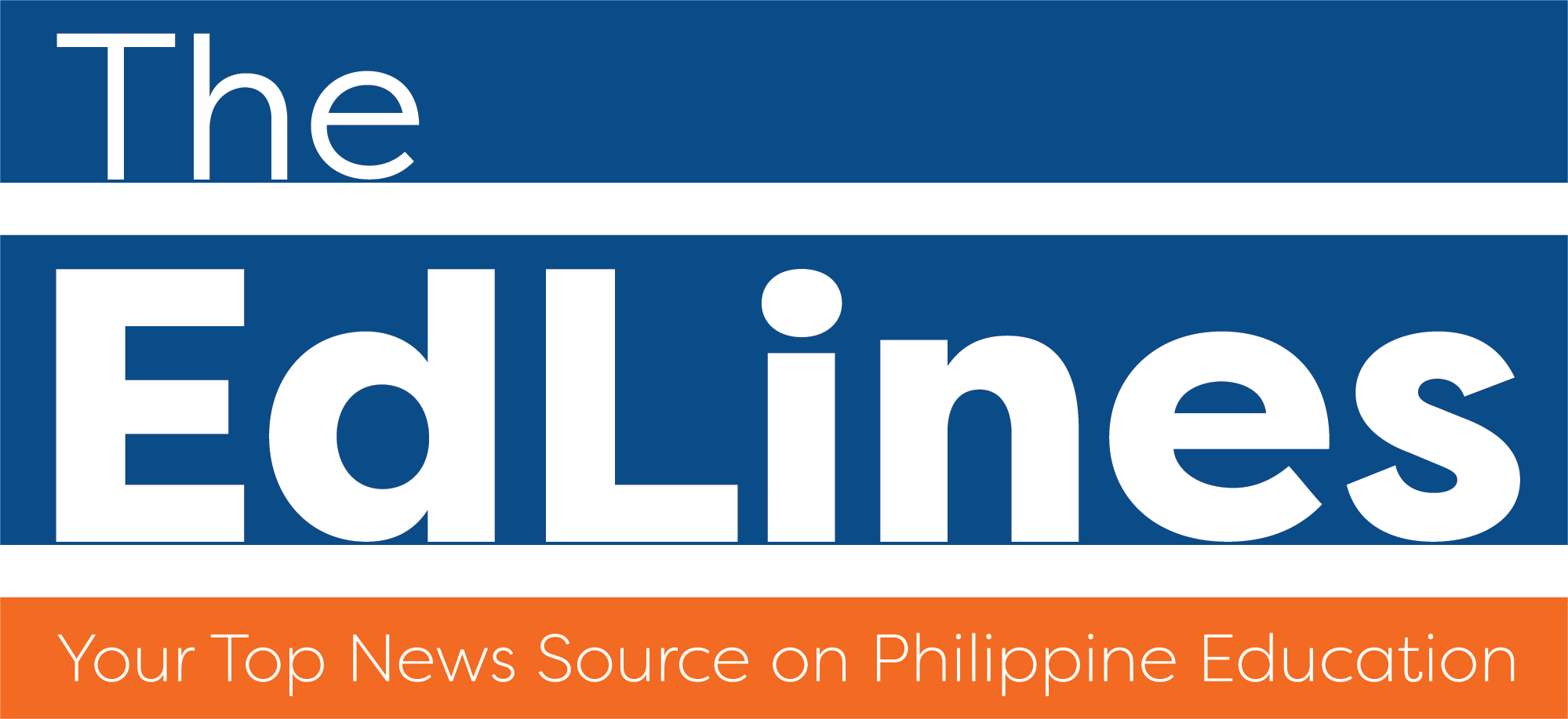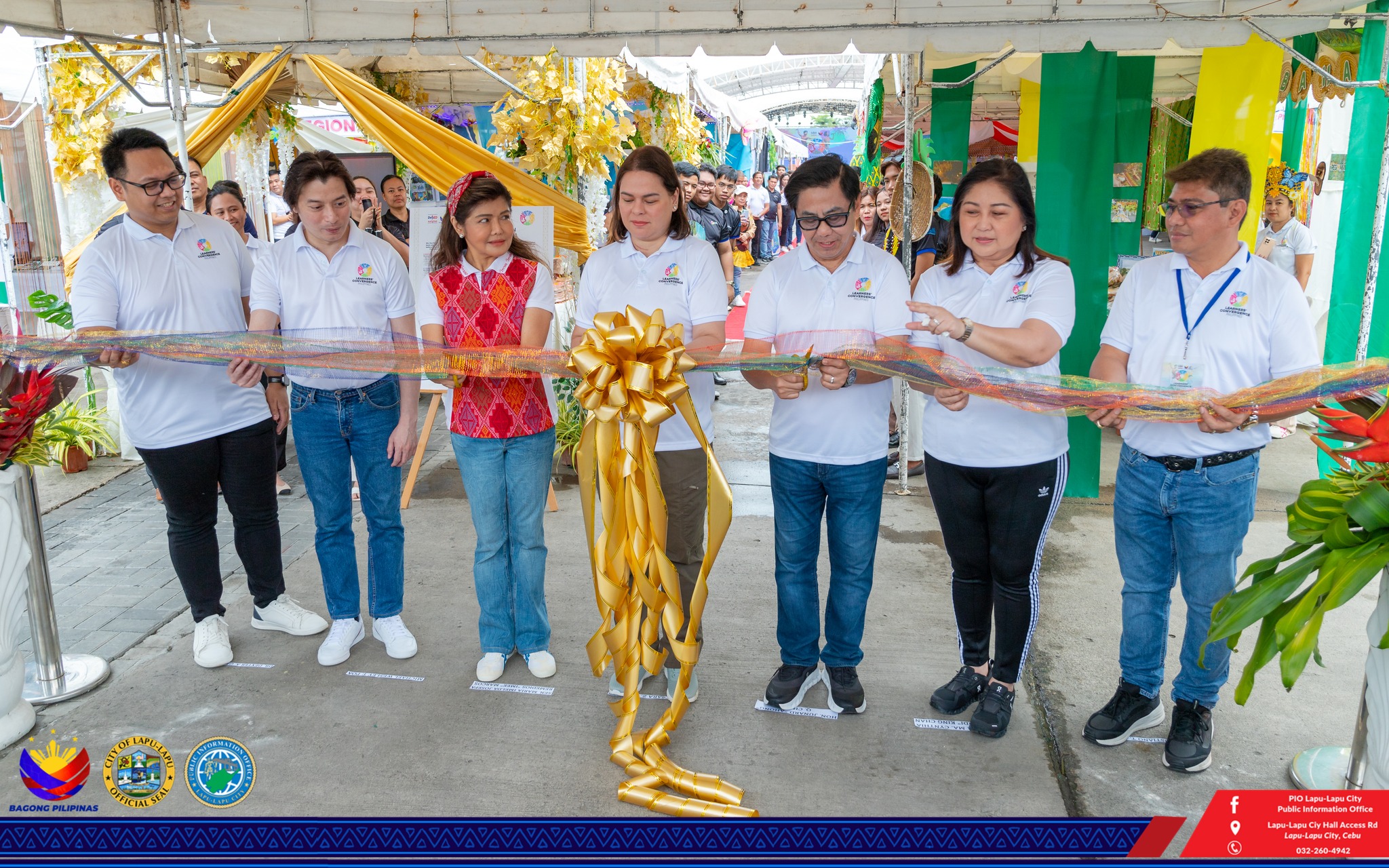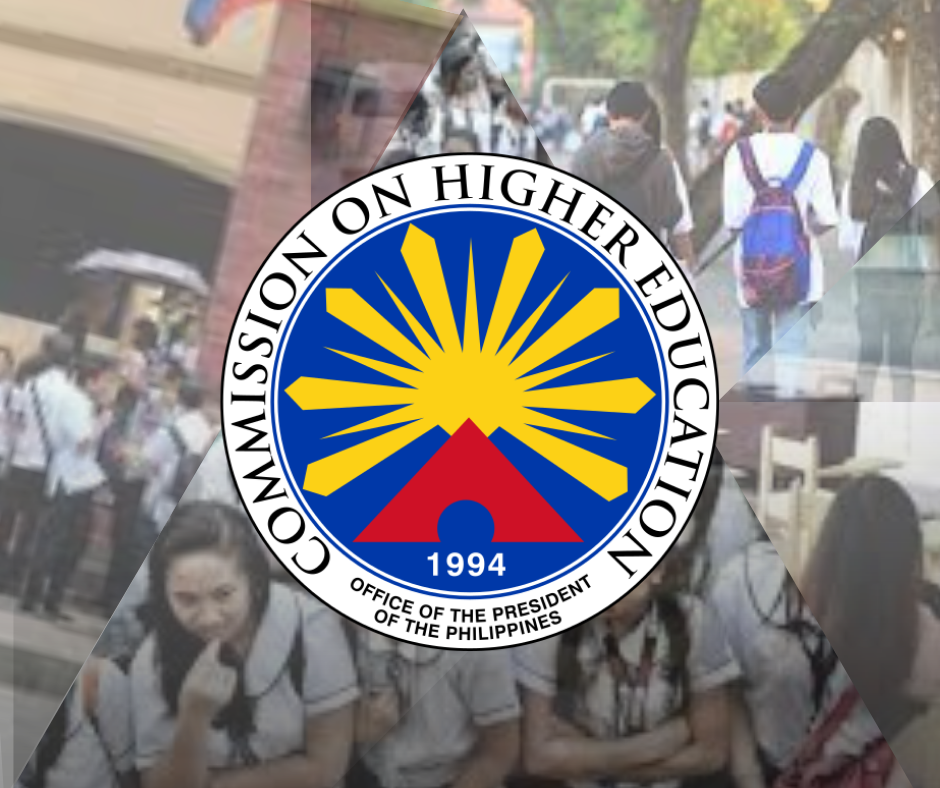
The Philippines’ Alternative Learning System (ALS) program is in crisis, with fewer learners staying toward graduation day.
In a statement, Senator Win Gatchalian is seeking interventions to prevent ALS enrollees from dropping out. He highlighted the steady drop in completion rates as a growing problem.
In the School Year (SY) 2016-2017, 65% of learners, or 454,550 out of 698,356, completed the program. By SY 2021-2022, only 49% of learners, or 328,195 out of 668,947, finished the program.
“We need to strengthen guidance and counseling for ALS learners to help and encourage them to stay in the program. We also need to provide career progression for ALS learners so they can know where they will go, what type of skills we can impart, and what type of jobs they can go into after taking ALS,” said Gatchalian, principal author and sponsor of the Alternative Learning System Act (Republic Act No. 11510).
A 2021 study by UNICEF found that the lack of financial support (38%) and work (29%) are the top reasons why learners do not complete the ALS program.
Gatchalian highlighted the importance of implementing the Accreditation and Equivalency (A&E) Assessment to measure the performance of learners.
Under the ALS law, the A&E seeks to measure and certify the competencies of ALS program completers.
However, Gatchalian pointed out that while the average completion rate from SY 2016-2017 to SY 2018-2019 was 63%, only 33%, on average, of those who completed the program passed the A&E.
Based on estimates from Gatchalian’s office and the Philippine Statistics Authority’s Labor Force Survey 2018 and 2021, up to 27.3 million Filipinos aged 15 and above who did not complete basic education were not enrolled in ALS for SY 2022-2023.
There were 640,448 ALS learners enrolled that same school year, the equivalent of a 2% participation rate.
Gatchalian is urging swift action to ensure Filipinos have access to education and career opportunities.
The ALS program is intended for out-of-school children, youth and adults, providing basic literacy education. The program aims to benefit students who cannot afford formal schooling or whose situation prevents them from following a strict schedule for regular classes.


